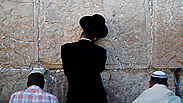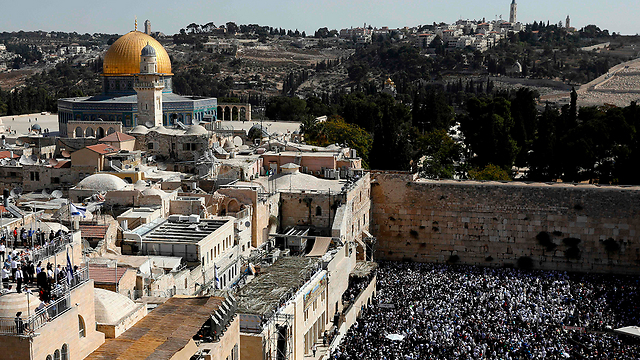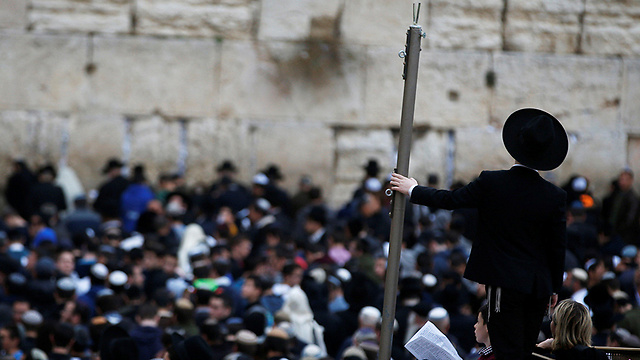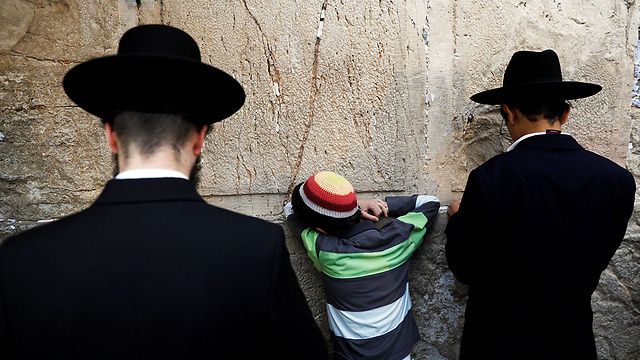
The annual fast, which falls on ninth of the Jewish calendar month of Av, is supposed to begin on Friday night but was postponed by a day since Jews are forbidden from fasting or mourning on Shabbat.
In addition to remembering the destruction of first and second temples in Jerusalem by the Babylonians and Romans respectively, Tisha B’Av also commemorates the anniversary of a number of disasters in Jewish history.
The fast will begin in Jerusalem and Be’er Sheva at 7:43pm, and at 7:45pm in Tel Aviv and Haifa.
Over the years, Tisha B’Av has become not merely a time of national mourning, but also a time for introspection, with Jews reminding themselves of Torah Mitzvot (positive deeds and commandments), particularly on positive behavior toward human being.
In Israel particularly, it provides an opportunity to hold a discourse on conflicts and divisions within society.
On the night of Tisha B’Av, Jews read from the Book of Lamentations (Kinot), also known as the megillah (book) of Eicha while worshipers gather inside synagogues at night and sit on the floor to symbolize the suffering their ancestors underwent.
The entire mourning period lasts for three weeks, and culminates with the 24-hour fast. It is customary not to shave during the three weeks as a sign of mourning while on the 9 days preceding Tisha B'Av, many refrain from purchasing new clothes or other non-essential items, eating meat, except on Shabbat, or listening to live music. On the day of the fast itself, leather shoes which are considered to symbolize wealth and comfort are not worn.
The main event of the fast takes place each year at the Western Wall sees a turnout of thousands of Jews flocking to the holy site—the last surviving remnant of the temple, as they pray and lament the its destruction.




















